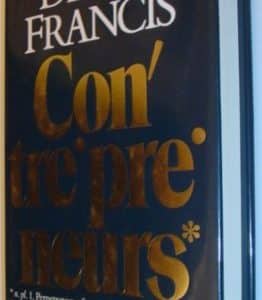Description
pp. xvi, (3), 286, “Francis Bacon, one of the preeminent architects and prophets of the scientific revolution, is frequently acknowledged by philosophers and historians, says Zagorin, but he is almost as frequently misunderstood. This is not so much a biography as an attempt to portray the full range of his intellectual ambitions, which were nothing less than an often futuristic reworking of how humans should think about their natural and social environments. Drawing both on well-known published works such as Novum Organum and The Advancement of Learning as well as on lesser-known fragments, Zagorin (Rebels and Rulers, 1500-1660) attempts to reconstruct the thought and character of this true Renaissance man. Although he starts out with an extensive examination of Bacon’s natural philosophy, he does not neglect Bacon’s less celebrated investigations into jurisprudence or moral philosophy. In the public sphere, Bacon was, as Zagorin rather daintily puts it, “preeminently practical.” In fact, Bacon, a fawning admirer of Machiavelli, took great pains to distance himself from his patron, the Earl of Essex, once the latter fell out of favor. It’s not Bacon’s finest moment and is sometimes skirted by biographers, but Zagorin generally treats Bacon’s shortcomings with historical honesty. “






